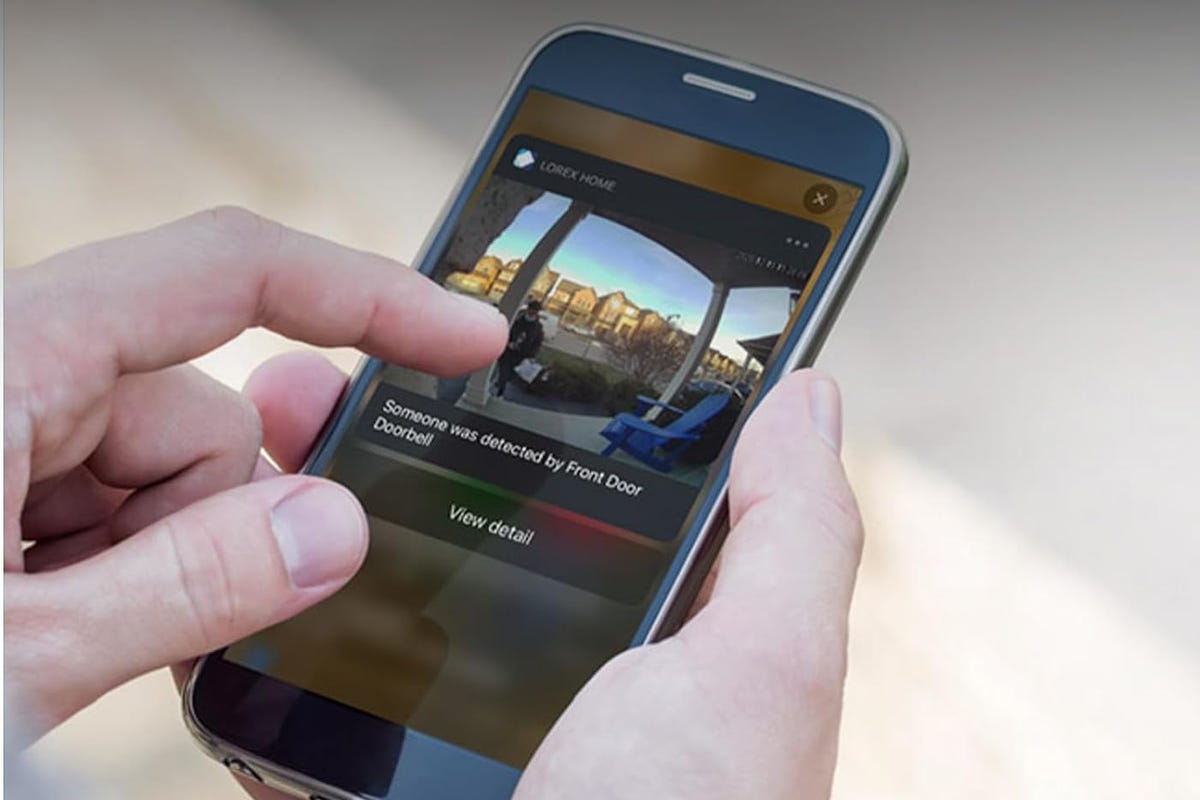Our CNET experts have tested and recommended a huge number of security cameras and other home cam devices, each packed with smart features. Most are ready to automatically record video or open a two-way audio channel at a moment’s notice. But that raises very important questions for the everyday buyer: Can you record video and audio in your home, wherever you want? What about when friends or babysitters are over? The bottom line: Are you in danger of breaking any laws?
You are usually well within your rights to record video in your own home. But the devil’s in the details, and laws do draw key boundary lines on what’s allowed, especially when it comes to audio. Let’s go over the best ways to avoid trouble when you’re ready to set up a smart camera.
Note: In this article, we’re referring to federal laws in the United States. Many countries have similar versions of these guidelines, but it’s always a good idea to check your local legislation if you’re curious.
Is it legal to record video inside your home?

Apps often offer ways to record or disable audio.
Audio recording is a different beast than video recording: It has a lot more legal implications and can be used more readily as evidence. When audio is involved, people have extra protections. You may have noticed that audio features are a little limited on security cameras: Our rules will help you stay within the bounds of the law.
Step 1: Review your state laws (but even closer this time)
Due to the Federal Wiretap Act and similar legislation, states are divided into one-party and two-party/all-party consent laws. In a one-party consent state like Texas, Colorado or Tennessee, one side of the conversation needs to give consent to be recorded, which makes it legal to record telephone calls you are part of and (in theory) two-way audio conversations you have through a camera.
In two-part consent states like California, Florida or Michigan, both or all sides need to give their consent to have their conservation recorded. It is never legal to record a conversation where no one is giving consent.
This consent is usually a verbal affirmation at the beginning of a call or a separate acknowledgement that consent was given. Justia has a guide breaking down the rules by individual state where you can find more information.
Step 2: Exercise caution if your cam can record audio
When laws switch so often between states (and sometimes countries), camera manufacturers usually give options to turn off audio or limit how audio can be saved. Their apps may allow it — if you have a Ring Protect plan, for example, you can usually record and download video and audio from a Ring doorbell, then keep it or share it with others. Eufy also gives you the option to record audio when a video is recorded.
But recording audio without consent risks crossing an audio law red line, even if it’s automatic. It’s often up to users to go into apps and disable audio functions for legal safety. Even if a home cam theoretically saved incriminating audio, it may not be usable in court and could lead to counter-suits or other problems.
Step 3: Get or give consent for any recording
If you really want to record audio, find a device that can do it and make sure people are giving consent to be recorded. We suggest getting permission from both sides of a conversation even in one-party consent states, just to stay safe and polite. That’s how phone interviews are conducted, for example.
Also note: If people are in different states, their own state laws will apply to long-distance conservations, although that’s rarely a concern with security cameras.
Step 4: Avoid false pretenses when recording someone
Federal law prohibits recording conversations with criminal or malicious intent, and many state laws confirm that with similar wording. Avoid any accidental appearance of blackmail or similar scheming. That includes any effort to try and trick someone into having a certain conversation or saying certain words, or pretending to be someone you aren’t while talking to another person.

